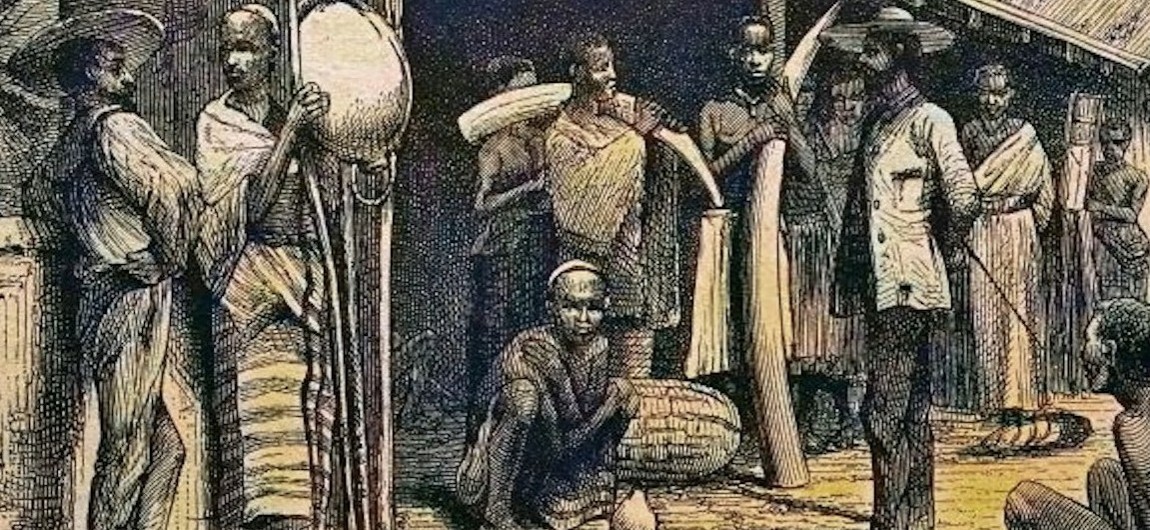Nigerian court jails Biafra separatist leader Nnamdi Kanu for life over terrorism charges

The life term sentence follows a dramatic hearing in which Kanu accused the court of bias and challenged the legality of his transfer from Kenya.
A Nigerian court has sentenced separatist leader Nnamdi Kanu to life imprisonment after convicting him on terrorism-related charges tied to his campaign for an independent Biafra state.
Kanu, who has been in custody since his 2021 re-arrest in Kenya, was found guilty of inciting violence through broadcasts and instructions issued to his now-banned Indigenous People of Biafra (IPOB) movement.
More To Read
Delivering the judgment, Judge James Omotosho said prosecutors had demonstrated that Kanu’s directives and Radio Biafra broadcasts led to deadly attacks on civilians and security personnel in southeast Nigeria.
“Mr Kanu knew what he was doing; he was bent on carrying out these threats without consideration for his own people. From the incontrovertible evidence, it is clear that the defendant carried out preparatory acts of terrorism. He had the duty to explain himself, but failed to do so,” Omotosho said.
The judge added that while self-determination is a political right, “any self-determination not done according to the constitution of Nigeria is illegal.”
No death sentence
Although prosecutors pushed for the death penalty, Omotosho instead handed Kanu a life sentence.
“The death penalty is now being frowned upon by the international community. Consequently, in the interests of justice, I hereby sentence the convict to life imprisonment instead of [the] death sentence,” he said.
Kanu was convicted on six of seven charges, with the court still delivering parts of the ruling. He has 90 days to appeal.
The separatist leader had accused the court of bias throughout the proceedings. He protested loudly during the hearing and was removed from the courtroom before the verdict was read, insisting that his extradition from Kenya was unlawful and violated his right to a fair trial.
Kanu was first arrested in 2015 but fled the country while on bail. During his time abroad, his social media posts and Radio Biafra broadcasts angered the Nigerian government, which accused him of encouraging attacks on security forces. He was returned to court in Abuja in June 2021 after being detained in Kenya, where his lawyer claimed he was mistreated.
Kenyan authorities have denied any involvement.
In October 2021, Kanu’s lawyers argued that statements aired on Radio Biafra from London could not be used as evidence in Nigeria.
“I can’t see how someone would make a statement in London and it becomes a triable offence in this country,” his lawyer, Ifeanyi Ejiofor, told reporters.
Kanu, a Nigerian-British dual citizen, launched Radio Biafra in 2009 after leaving Nigeria to study economics and politics at London Metropolitan University.
In one broadcast, he said, “We have one thing in common, all of us that believe in Biafra, one thing we have in common, a pathological hatred for Nigeria. I cannot begin to put into words how much I hate Nigeria.”
IPOB continues to campaign for the southeast—home to the Igbo ethnic group—to break away from Nigeria, invoking the failed 1967 secession bid that triggered a three-year civil war that left more than one million people dead.
Top Stories Today













































